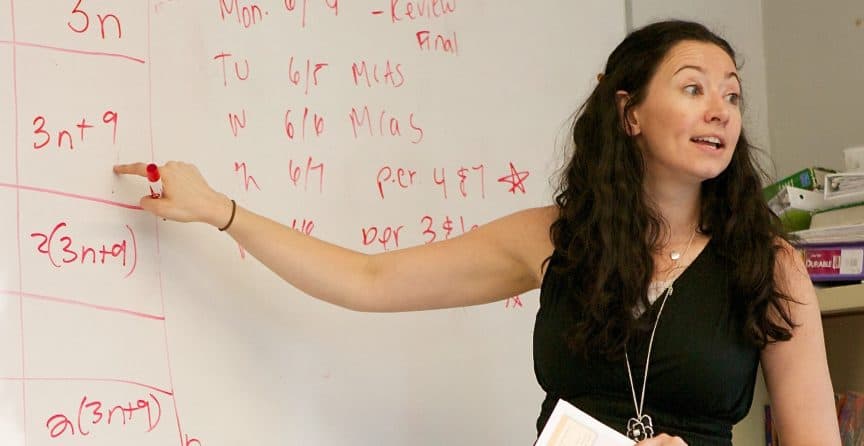As administrators prepare for the 2020-21 school year, many are concerned about how they will evaluate teachers who are teaching online. Obviously, the process will be somewhat different than the way evaluations are conducted in “normal” school settings. Over the past several years, both before and during the current Covid situation, I was engaged to evaluate the work of several …
6 post COVID lessons for educational leaders
Most schools are now moving into the final stages of the craziest school year ever. With little notice, we were plunged into the existential storm of replacing physical schooling with Zoom or D2L or similar online schooling. There has been a very rapid learning-curve for everyone involved – school leaders, teachers, parents and students. Not surprisingly, there have been both …
Displine, Diversity & Teacher Satisfaction
In my last post, I wrote of the importance for any school to have faculty who are respected, fulfilled, satisfied and proud to be teaching where they are. I shared some of what I had learned through a teacher satisfaction study I recently completed and promised to share more insights. Two issues emerged as being most important to the teachers …
8 ways to make teachers feel valued
Successful schools have faculty who are respected, fulfilled, satisfied and proud to be teaching where they are. That is one of my conclusions having recently completed a comprehensive study of teachers’ attitudes and impressions about the schools at which they work. Teachers want to feel pleased to be employed by their school, like their jobs, and feel well supported in …
Teacher evaluations and the case for specialization
Achieving top-quality teaching, as determined by merit and significance, requires subject specialization from both teachers and evaluators. Michel Scriven defines teacher evaluation as “the process of determining merit, worth or significance.” Merit refers to the quality of the work. Worth is the value of the individual to the organization, which may be greater or less than his merit. In a …
Teacher Evaluations: Merit, Worth and the Courage to Act
One of the greatest influences on my thinking about evaluation is the work of Michael Scriven. Currently Director of the Claremont Graduate University Claremont Evaluation Center, he has a research, teaching and consulting career extending more than 60 years. I first encountered his ideas when writing my doctoral dissertation in the 90’s, and, after all these years, still find hiswork, whether …
Conversation is essential to evaluation
Conversations make the evaluation process rich, meaningful, and credible. When evaluating teaching, the evaluator must work to understand and appreciate, what the teacher is doing, and the reasons for the choices the teacher has made. While the reasons for some may seem obvious, many will not be. It is in the post-observation conversations that these will be explored. Teaching is …
The nexus of mentoring and evaluation
While school administrators are expected to evaluate the teachers in their schools, many are inadequately prepared for this task. Yet, teacher evaluations are a major contributor to the success of independent schools. They are vitally important to the quality of teaching and learning and in that way, are a key to building positive reputation and enrolment success. Poorly designed and …
Boards and teacher evaluation: the do’s and don’t’s
In independent schools, the evaluation of all faculty and staff is not a board responsibility. Boards hire, evaluate and dismiss their Head of School, who is sometimes described as “their only employee.” This, of course, is not strictly true: all school employees are employees of the board. But the point is that when the board is a governing body and …
Learning from Teacher Evaluation Experiences
After being involved in all aspects of teacher evaluations for decades, it’s my own experiences that are often the most compelling way of communicating best practice. With that in mind, here are accounts of five evaluations that I personally conducted and what I learned from them. In deference to those who were evaluated and to avoid any possible identification, I …
- Page 1 of 2
- 1
- 2










